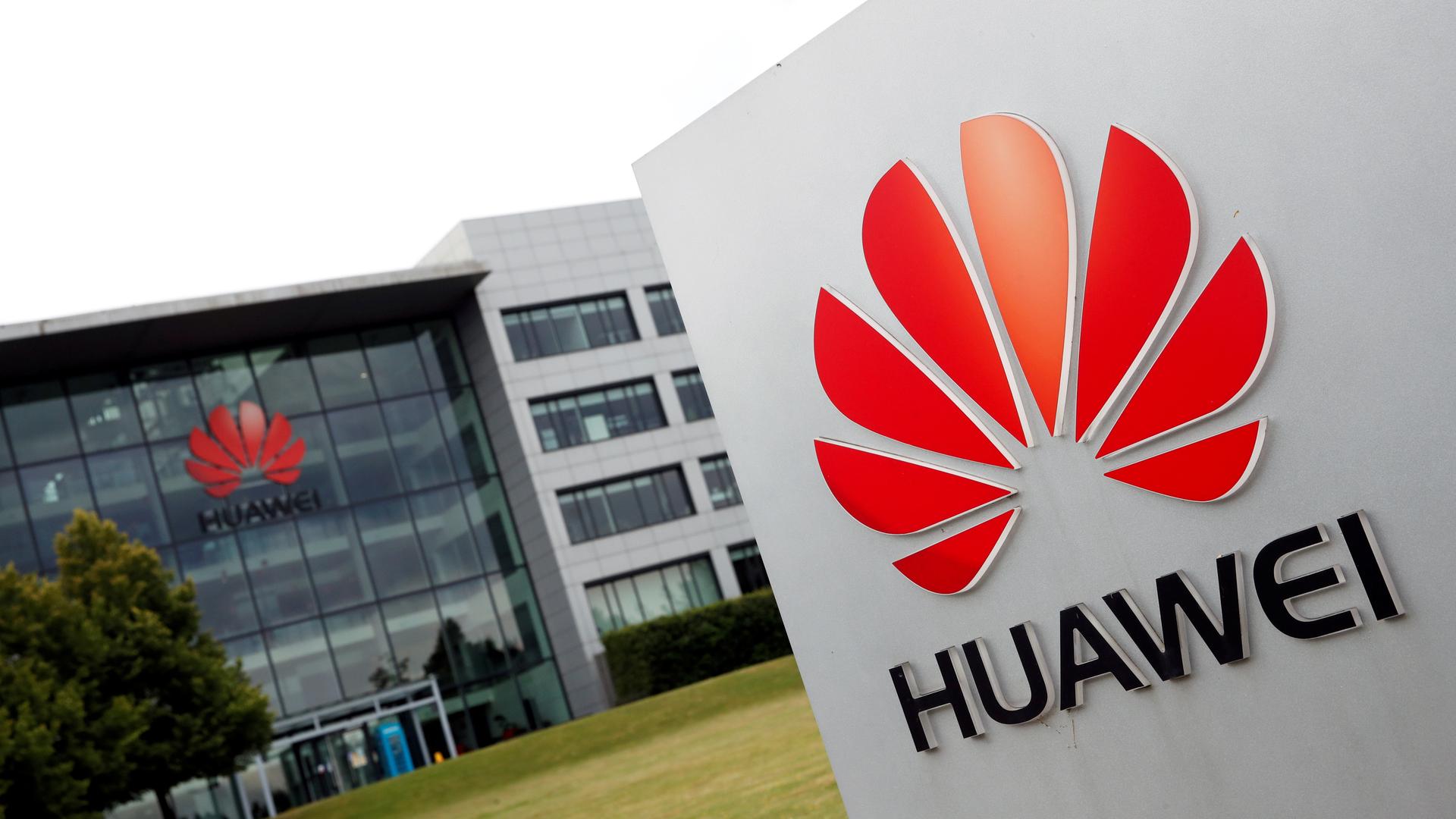The US has imposed another round of restrictions on China’s Huawei as President Donald Trump renewed accusations that the company’s telecommunications equipment is used for spying.
“We don’t want their equipment in the United States because they spy on us,” Trump told Fox on Monday. “And any country that uses it, we’re not going to do anything in terms of sharing intelligence.”
The Commerce Department’s new rules, rolled out on Monday, will further block Huawei from accessing chip technology. A Huawei executive said this month that the company was running out of processor chips to make smartphones due to US sanctions and that it might be forced to stop production of its own advanced chips.
READ MORE: US moves to cut Huawei off from global chip suppliers
Huawei did not immediately respond to a request for comment.
Secretary of State Mike Pompeo called the move on Twitter “a direct blow to Huawei and the repressive Chinese Communist Party,” saying it is further limiting “Huawei’s ability to acquire US technology and compromise the integrity of the world’s networks and Americans’ private information.”
Today, we dealt a direct blow to Huawei and the repressive Chinese Communist Party by further limiting Huawei’s ability to acquire U.S. technology and compromise the integrity of the world’s networks and Americans’ private information.
— Secretary Pompeo (@SecPompeo) August 17, 2020
“The Department of State strongly supports the Commerce Department’s expansion today of its Foreign Direct Product Rule, which will prevent Huawei from circumventing US law through alternative chip production and provision of off-the-shelf (OTS) chips produced with tools acquired from the United States,” he said in a State Department statement.
Huawei has been at the centre of rising US-Chinese tensions over technology and security. The standoff has now enveloped the popular Chinese-owned video app TikTok and China-based messaging service WeChat, both of which are under the threat of a ban in the US starting in September.
Huawei has repeatedly denied accusations it might facilitate Chinese spying. Chinese officials have accused Washington of using national security as an excuse to stop a competitor to US tech industries.
READ MORE: Beijing demands Washington withdraw sanctions on Chinese companies
US Commerce Secretary Wilbur Ross told Fox Business on Monday that the new action is enforcement-focused and not “directly related to the trade talks” between the US and China.
Commerce Secretary Wilbur Ross also told Fox Business the restrictions on Huawei-designed chips imposed in May “led them to do some evasive measures. They were going through third parties,” Ross said. “The new rule makes it clear that any use of American software or American fabrication equipment is banned and requires a license.”
Tightened penalties
Washington cut off Huawei’s access to US components and technology, including Google’s music and other smartphone services, last year. Those penalties were tightened in May when the White House barred vendors worldwide from using US technology to produce components for Huawei.
The Commerce Department said on Monday that it’s tightening restrictions because Huawei has “continuously tried to evade” them. The new rule is designed to block Huawei’s access to commercially available chips made with tools acquired from the US.
The US also added 38 Huawei affiliates to its Entity List, which identifies foreign parties prohibited from receiving certain sensitive technologies. And it ended an exemption that had allowed some Huawei customers in the US to keep using its equipment and software.
The action affects Huawei affiliates in 21 countries including China, Brazil, Argentina, France, Germany, Singapore, Thailand and Britain.
READ MORE: Who benefits from the restrictions on Huawei?
A new separate rule requires companies on the economic blacklist to obtain a license when a company like Huawei on the list acts “as a purchaser, intermediate consignee, ultimate consignee, or end user.”
The department also confirmed it will not extend a temporary general license that expired on Friday for users of Huawei devices and telecommunication providers.
Parties must now submit license applications for transactions previously authorised.
The Commerce Department is adopting a limited permanent authorisation for Huawei entities to allow “ongoing security research critical to maintaining the integrity and reliability of existing” networks and equipment.










Discussion about this post